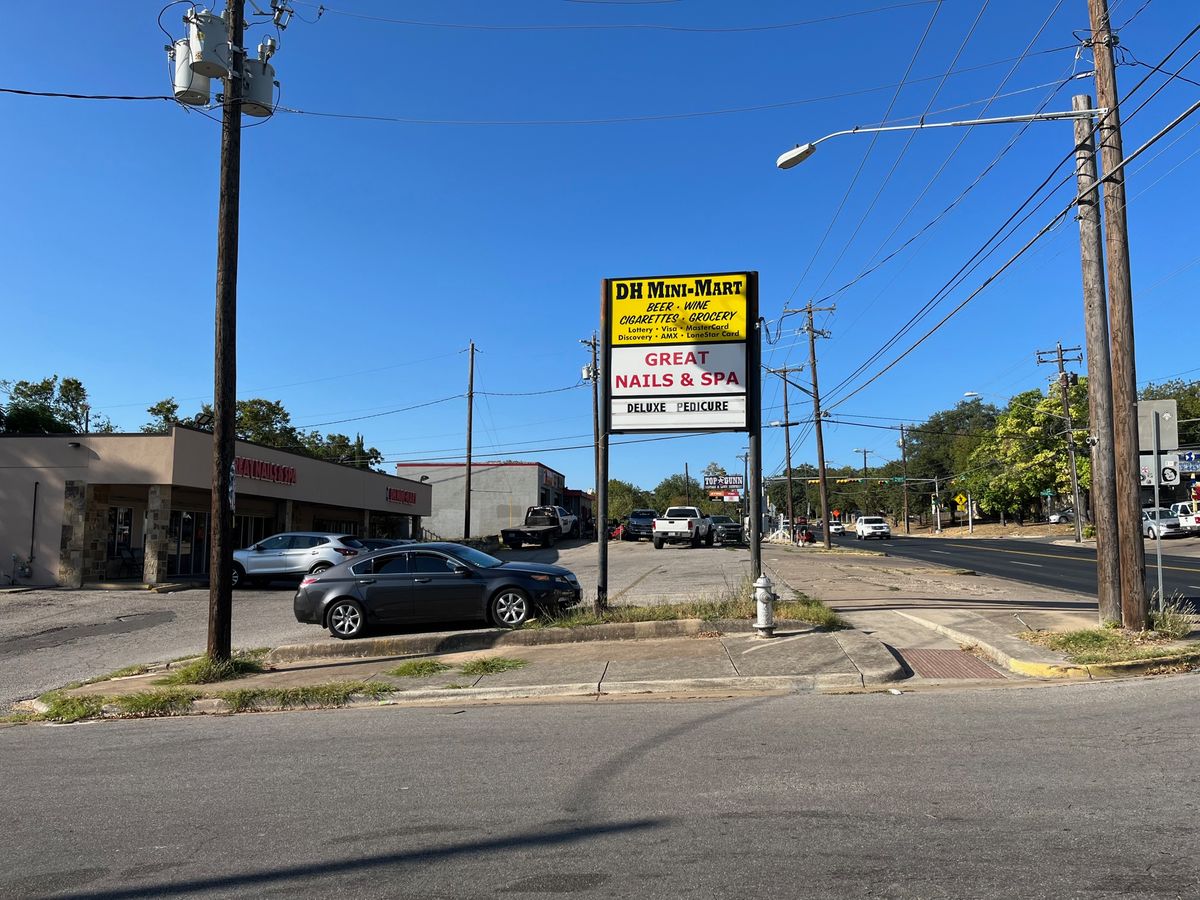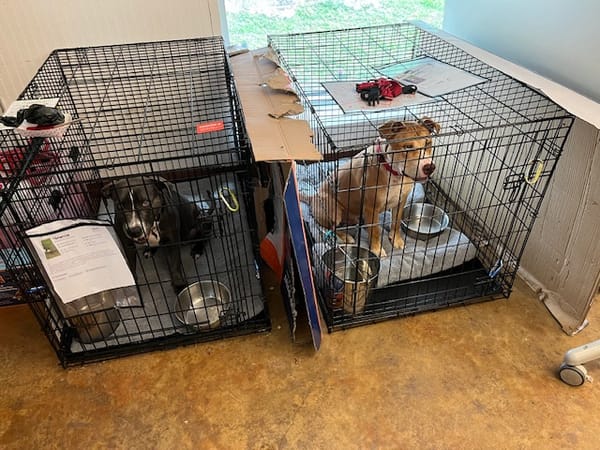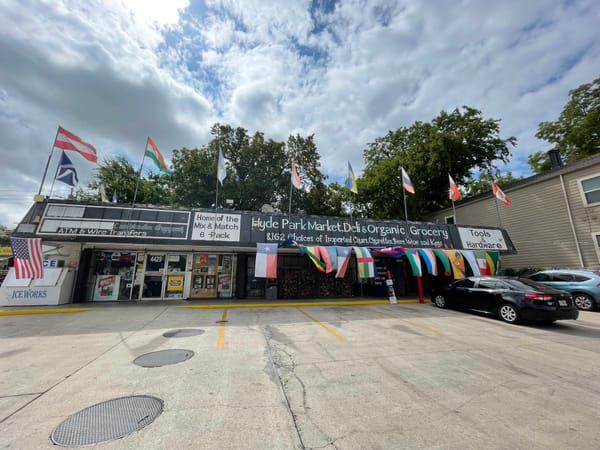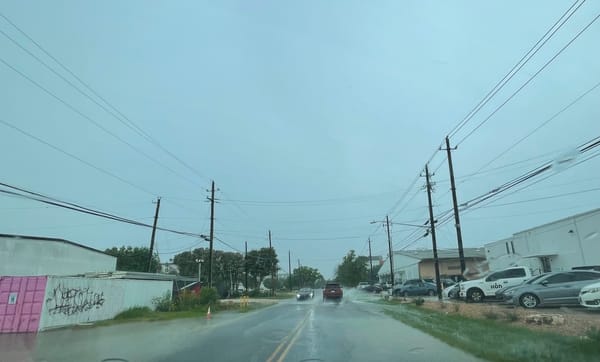The hotels duped the city
City Council is getting played by the hotel industry.

Next week, City Council will once again take up a proposed service agreement for a Tourism Public Improvement District.
The TPID allows large hotels (100+ rooms) to levy an additional 2% fee on their guests to fund marketing and incentives that lure tourists and conventions to town. Not only does the TPID require Council's approval, but the approval of 60% of the participating hotels.
As I wrote last week, the proposed service agreement is a brazen betrayal by the hotel industry of promises it made repeatedly to City Council in past years. And yet, Mayor Kirk Watson says this is the best possible deal we can get.
If you weren't paying attention to this issue a few years ago, it's hard to understand just how bad the city is getting played.
The short version is that, as part of an effort to get a reluctant City Council to approve a Convention Center expansion, hotel lobbyist Scott Joslove pledged that 40% of the money collected for the TPID would be allocated (half directly, half indirectly) to the city to combat homelessness. But then Joslove went to the Legislature and got them to pass a bill barring TPIDs from directly funding such programs. Watson, along with the rest of Austin-area lawmakers, voted for the bill.
Tovo & Adler agree
Both former Mayor Steve Adler, who was a major proponent of the TPID during his term, and former Council Member Kathie Tovo, who was a major skeptic, now agree the city got screwed.
Tovo recalls Joslove, president of the Texas Hotel and Lodging Association, explaining that 20% of the TPID revenue would be a "direct concession" to the city to spend on homelessness. The other 20% would come from a "roundabout way" where the TPID would pay for discounts on Convention Center space to lure large events to town. The theory presented was that because the TPID is now paying for those discounts, the Convention Center could take the money that it was spending on discounts and simply allocate it to the city general fund, to be used however Council sees fit.

Tovo wasn't convinced that the "roundabout" dollars Joslove was promising would ever make it to city coffers. But at least there was the commitment for the direct payment.
"The 20% direct concession was the only money we could really count on," Tovo said in an interview today. "That was the only certainty."
The hotel industry and Adler presented the TPID funds for homelessness as contingent on Council's approval of the Convention Center expansion, which occurred on May 23, 2019, four days before the end of the 2019 state legislative session.
It wasn't until months later that Tovo and some other members of Council learned about the legislation that had changed the rules on TPIDs. She was shocked that Council hadn't been told anything about the bill by the city's legislative affairs team, whose job it is to track bills at the Capitol that might impact the city and to seek guidance from Council on whether to take a position.
"I was told they had met with the mayor and had briefed him and that none of them believed it was going to impact Austin," she recalled.
Adler confirmed that he became aware of the bill during the legislative session.
"At some point I learned that Scott was doing something at the Lege," he recalled. "I checked with our staff –– Convention Center staff and the law department –– about whether that put at risk our agreement, I was told no. I think I also asked Scott, he told me no."
When I asked why he and city staff did not inform others on Council about bill, Adler said that the bill wasn't viewed as a threat to the city, which was busy battling other legislation at the Capitol, most notably the property tax limits that ultimately passed.
"It was never identified as a risk," said Adler. "In retrospect, it was an unidentified risk."
Tovo said she definitely would have voiced concerns about the bill if she had known about it.
The deal now
The 10-year TPID service agreement that Council is now considering no longer includes any "direct concession." That 20% has been cut entirely.
Instead there is a commitment to spending 20% of the TPID revenue on incentives and buy-downs, with the assumption that that will translate into dollars that can be transferred to the city general fund. However, that percentage will drop to 10% during the four years that the new Convention Center is under construction. And none of that money can be transferred to the city's general fund until the event that receives the incentive occurs. This is a shame, since presumably a lot of the events they'll be offering incentives to will not occur until the opening of the new Convention Center in 2029 (at the earliest).
The 'self-tax' spin
Last week, both Convention Center staff and Mayor Kirk Watson tried to dissuade Council from delaying a vote on the service agreement. Both staff and Watson suggested it was the best one available to the city.
"We have been working very hard to negotiate what is before you, and we do have some concerns that without moving forward today, we may lose the opportunity to have an agreed-upon work plan," said Assistant City Manager Veronica Briseño, who oversees the Convention Center.
Pray tell, what was "negotiated"? That suggests concessions on both sides. What exactly did the hotels concede?
The implication from some, including the mayor, is that the TPID itself is an act of incredible goodwill from the hotels, since they are agreeing to "tax themselves."
Adler described that as a misconception.
"They're not taxing themselves. They're taxing tourists in order to raise money for the industry to spend on promotion," he said. "It's not kind of an altruistic thing that we need to let them do at the expense of (other priorities)."
The hotels know that tacking a small tax on to room charges is unlikely to deter visitors from Austin. And Joslove himself has argued that the money raised by the TPID to spend on incentives and tourism marketing yields an enormous ROI for the hotels. In Dallas, he said, every TPID dollar prompted $26 in economic activity. (I am skeptical, but whatever)
"I would ask my colleagues whether this is the right time to enter the TPID and I'd be having conversations with Scott Joslove and others in the industry about whether they would be willing to go to the legislature to make changes that would allow those direct concessions," said Tovo.
The hotel industry is not begrudgingly accepting a TPID. It desperately wants one. But after stabbing the city in the back at the Lege, they at least owe us an apology. And that apology should come with a ton of money.
I made this article open to the public, but if you'd like to keep getting regular reporting and analysis on city politics, click the SUBSCRIBE button in the lower right corner of your screen.





